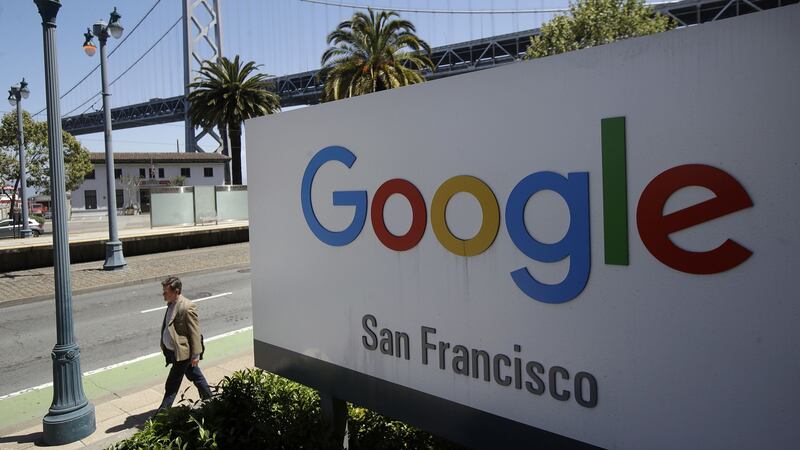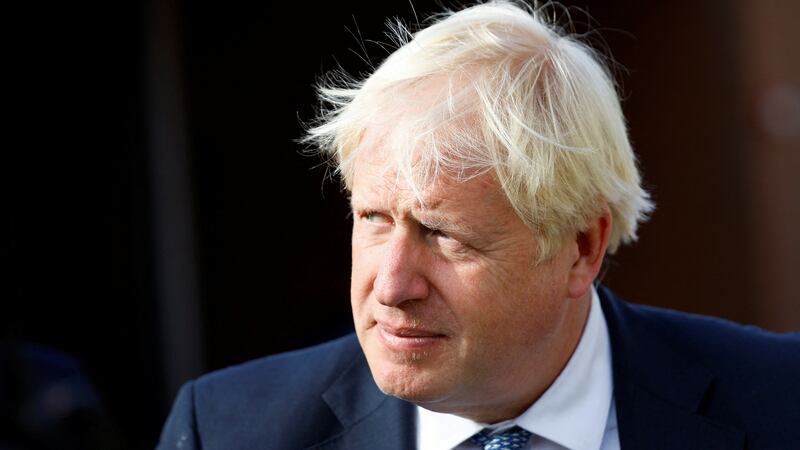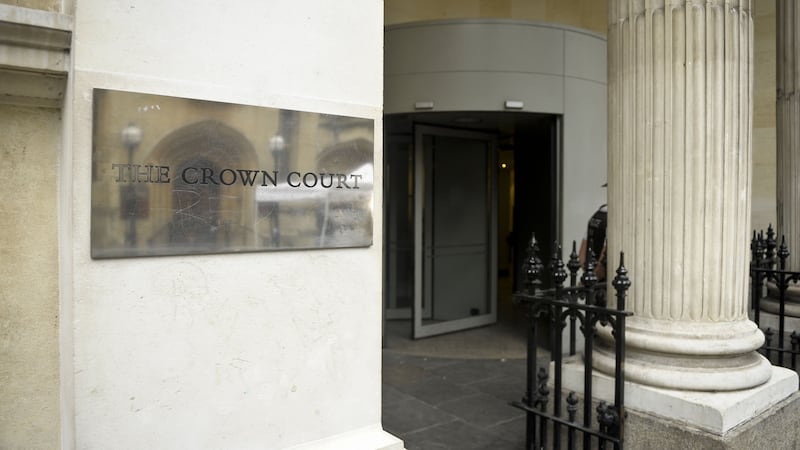Chief prosecutors in dozens of US states have announced an investigation into Google’s “potential monopolistic behaviour”.
The coalition conducting the probe is led by Texas and consists of 48 states plus the District of Columbia and Puerto Rico. California and Alabama are the two states that have not joined the investigation.
Google has its headquarters in California and employs more workers there than in any other region, and the firm broke ground last year on a 600 million dollar (£485 million) data centre in Alabama.
The announcement follows one from a separate group of states on Friday that disclosed an investigation into Facebook’s market dominance.
The two probes widen the scrutiny of big tech companies beyond sweeping federal and congressional investigations and enforcement action by European regulators.
Google’s parent company, Alphabet, has a market value of more than 820 billion dollars (£664 billion) and controls so many facets of the internet that it is almost impossible to surf the web for long without running into at least one of its services.
Google’s dominance in online search and advertising enables it to target millions of consumers for their personal data.
Google expects the state authorities will ask the company about past investigations in the US and internationally, said Kent Walker, its senior vice president of global affairs.
Critics often point to Google’s 2007 acquisition of online advertising company DoubleClick as pivotal to its advertising dominance.
Europe’s competition regulators slapped Google with a 1.7 billion dollar (£1.4 billion) fine in March for unfairly inserting exclusivity clauses into contracts with advertisers, disadvantaging rivals in the online ad business.
One outcome competition regulators might explore is forcing Google to spin off search as a separate company, experts say. Regulators also could focus on areas such as Google’s popular video site YouTube, bought by Google in 2006.
Google has long argued that although its businesses are large, they are useful and beneficial to consumers.
“Google is one of America’s top spenders on research and development, making investments that spur innovation,” Mr Walker wrote. “Things that were science fiction a few years ago are now free for everyone — translating any language instantaneously, learning about objects by pointing your phone, getting an answer to pretty much any question you might have.”
But federal and state regulators and policymakers are becoming more concerned not just with the company’s impact on ordinary internet users, but also on smaller companies striving to compete in Google’s markets.
European regulators have fined Google 5 billion dollars (£4 billion) for tactics involving the Android mobile operating system, finding that Google forced smartphone makers to install Google apps, thereby expanding its reach.
Google has since allowed more options for alternative browser and search apps to European Android phones.
The US Justice Department opened a sweeping investigation of big tech companies this summer, looking at whether their online platforms have hurt competition, suppressed innovation or otherwise harmed consumers.
The Federal Trade Commission has been conducting its own competition probe, as has the House Judiciary subcommittee on antitrust.








